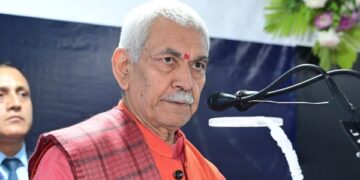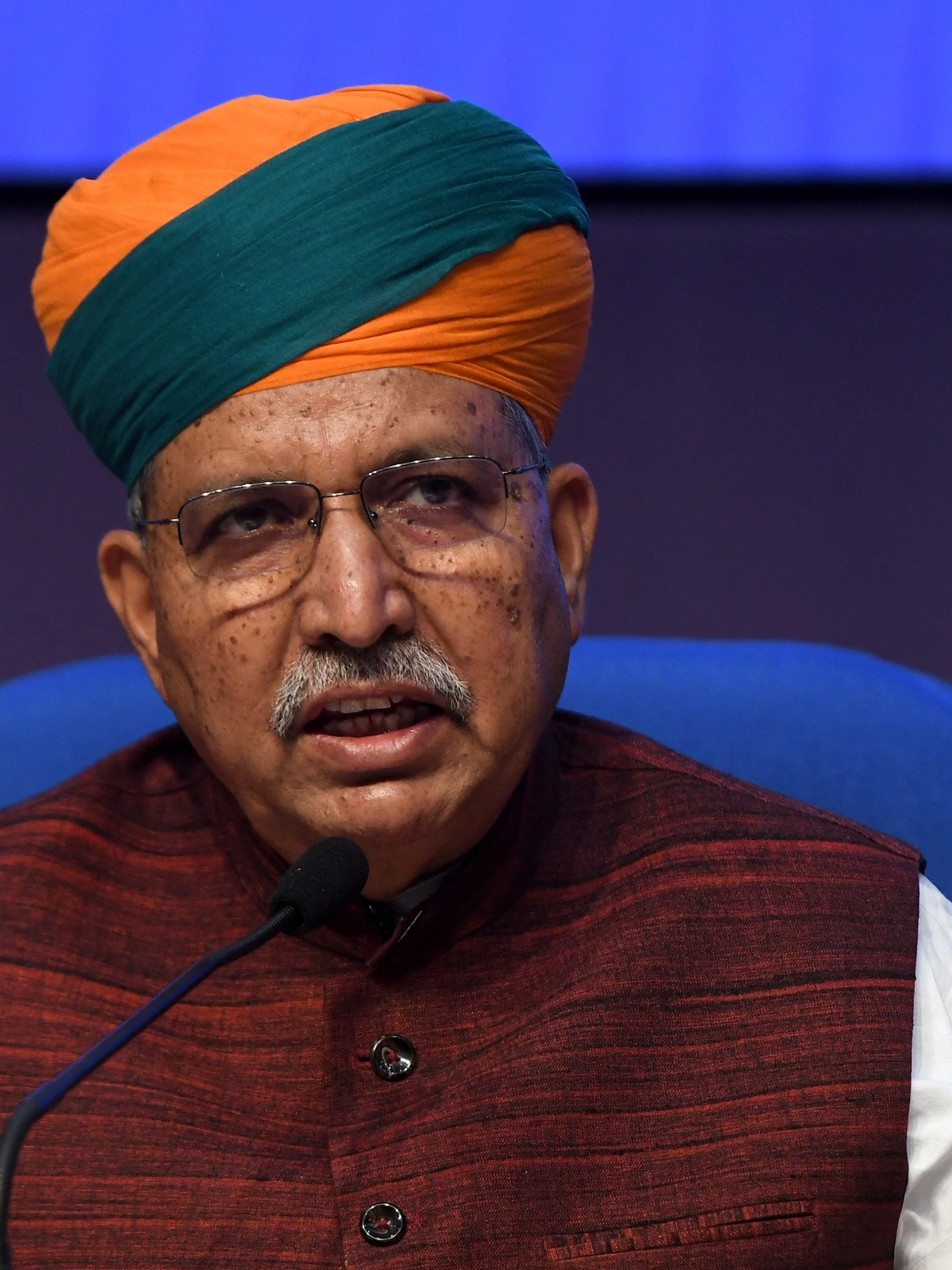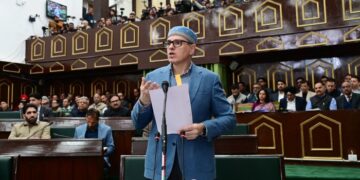United Nations: India is expected to be the most severely affected as the global urban population facing water scarcity is projected to increase from 933 million in 2016 to 1.7-2.4 billion people in 2050, a flagship UN report said on Tuesday.
The ‘United Nations World Water Development Report 2023: partnerships and cooperation for water’, issued Tuesday ahead of the UN 2023 Water Conference, said that around 80% of people living under water stress lived in Asia; in particular, northeast China, as well as India and Pakistan.
“The global urban population facing water scarcity is projected to increase from 933 million (one third of global urban population) in 2016 to 1.7-2.4 billion people (one third to nearly half of global urban population) in 2050, with India projected to be the most severely affected,” the report said, citing data.
“There is an urgent need to establish strong international mechanisms to prevent the global water crisis from spiralling out of control,” said UNESCO Director-General Audrey Azoulay. “Water is our common future, and it is essential to act together to share it equitably and manage it sustainably.”
Globally, two billion people do not have safe drinking water and 3.6 billion lack access to safely managed sanitation, the report found.
Richard Connor, the report’s editor-in-chief, told reporters at a press conference at UN Headquarters ahead of the launch that “uncertainties are increasing”.
“If we don’t address it, there definitely will be a global crisis,” he said, pointing to rising scarcity that reflects reduced availability and increased demand, from urban and industrial growth to agriculture, which alone consumes 70 per cent of the world’s supply.
UN Secretary General Antonio Guterres said in the report that “Water is the lifeblood of humanity. It is vital for survival itself and supports the health, resilience, development and prosperity of people and planet alike.”
Guterres voiced concern that humanity is blindly travelling a dangerous path. “Vampiric overconsumption and overdevelopment, unsustainable water use, pollution and unchecked global warming are draining humanity’s lifeblood, drop by drop.”
He said the report “reminds us, protecting and preserving this precious resource for future generations depends on partnerships. The smart management and conservation of the world’s water resources means bringing together governments, businesses, scientists, civil society and communities – including indigenous communities – to design and deliver concrete solutions.”
In particular, the 2023 United Nations Water Conference is a critical moment for collective progress – the first major UN meeting on water in nearly half a century, and a significant step towards Sustainable Development Goal 6: clean water and sanitation for all, Guterres said.
The report further noted that as water is a cross-cutting issue, partnerships and cooperation are key to integrated approaches to water management spanning across key sectors.
The water-energy-food nexus is also critical in a transboundary context. One partnership addressing this issue is the transboundary water cooperation arrangement established by the Mahakali Treaty (Pancheshwar Multipurpose Project) between India and Nepal, which aims to achieve water and energy security for both parties. Although the Pancheshwar Multipurpose Project is long delayed, several beneficial impacts have been highlighted in terms of irrigation and flood control, and lessening energy shortages, it said.
The report also pointed out that partnerships that focus on knowledge co-creation instead of knowledge transfer aim to embrace the diversity of expertise and experience within a knowledge system. This is particularly relevant in the context of water.
“In many parts of the world, water resources management practices incorporate traditional elements, ranging from local expert knowledge on spring water availability and flood frequency, to highly sophisticated systems such as ancient water sowing and harvesting (e.g. paar systems in western Rajasthan, India, and amunas in Peru). This can (and should) also include the knowledge and experience of women, who often play an integral role in water management, especially in rural settings,” it said.
The report also noted that as part of a crisis response programme that aims to provide trusted information and resources in critical moments, Google began a flood forecasting initiative in 2018, with the goal of preventing catastrophic damage by equipping those in harm’s way with accurate and detailed alerts.
Working in partnership with the Indian Central Water Commission and the Bangladesh Water Development Board, it initially covered areas of India and Bangladesh with a population of 220 million, to send out 40 million potentially life-saving alerts.
Previous global flood alerts provided only information on how much rivers would rise, which was not always meaningful to the people who were at risk. Google’s flood alerts visualize this critical information by overlaying the extent and depth of potential flooding right on Google Maps.
Published by the UN Educational, Scientific and Cultural Organisation (UNESCO), the report focuses on twin themes of partnerships and cooperation, and highlights collaborative ways actors can work together to overcome common challenges.
Connor said building partnerships and cooperation are key to realising human rights to water and overcoming existing challenges. Explaining the landscape of such shortages, he said economic water scarcity is a big problem, where governments fail to provide safe access, such as in the middle of Africa, where water flows. Meanwhile, physical scarcity is worst in desert areas, including northern India and through the Middle East.
In response to questions about possible “water wars” in the face of a global crisis, Connor said the essential natural resource “tends to lead to peace and cooperation rather than to conflict”.
Strengthening transboundary cooperation is the main tool to avoid conflict and escalating tensions, he said, noting that 153 countries share nearly 900 rivers, lakes and aquifer systems, and more than half having signed agreements.







